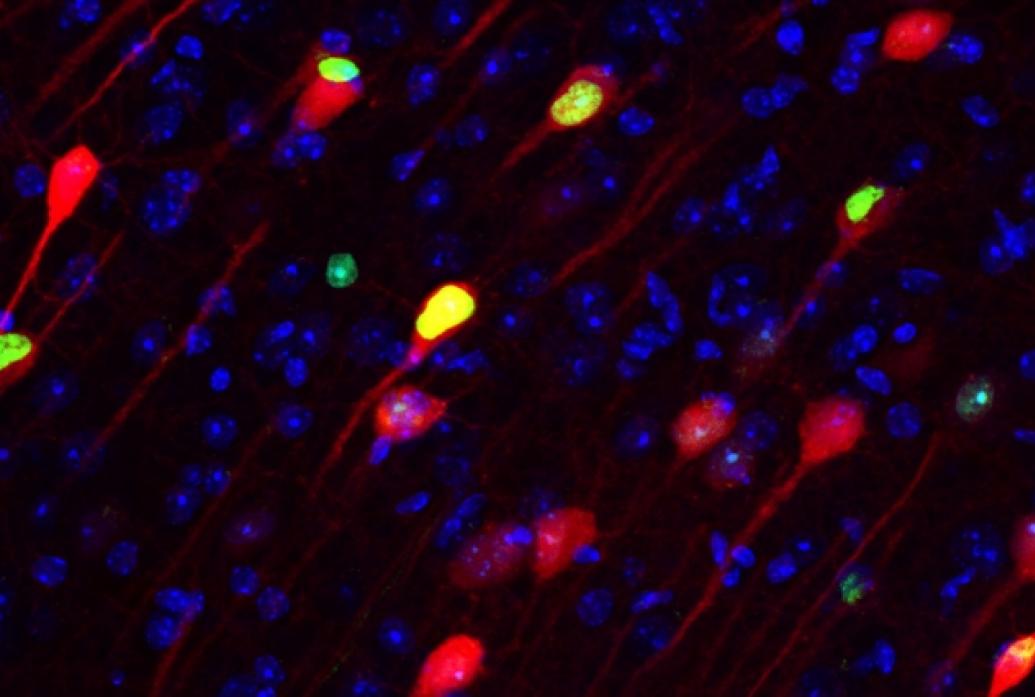Researchers have considered the possibility that memories are preserved in engram cells and that forgetting is caused by an inability to reactivate those engram cells.
Based on new research published in Nature Reviews Neuroscience, forgetting is caused by circuit remodeling, which changes the accessibility of engram cells and the capacity to recall information.
According to a research team at Trinity College Dublin and the University of Toronto, forgetting may be a form of learning.
“Our new theory proposes that forgetting is due to circuit remodeling that switches engram cells from an accessible to an inaccessible state. Because the rate of forgetting is impacted by environmental conditions, we propose that forgetting is actually a form of learning that alters memory accessibility in line with the environment and how predictable it is,” according to co-author Paul Frankland of the University of Toronto.
“In many cases, forgetting rates are modulated by environmental conditions and we therefore propose that forgetting is a form of neuroplasticity that alters engram cell accessibility in a manner that is sensitive to mismatches between expectations and the environment,” the authors also explained in their journal report.
“We hypothesize that disease states associated with forgetting may hijack natural forgetting mechanisms, resulting in reduced engram cell accessibility and memory loss.”


